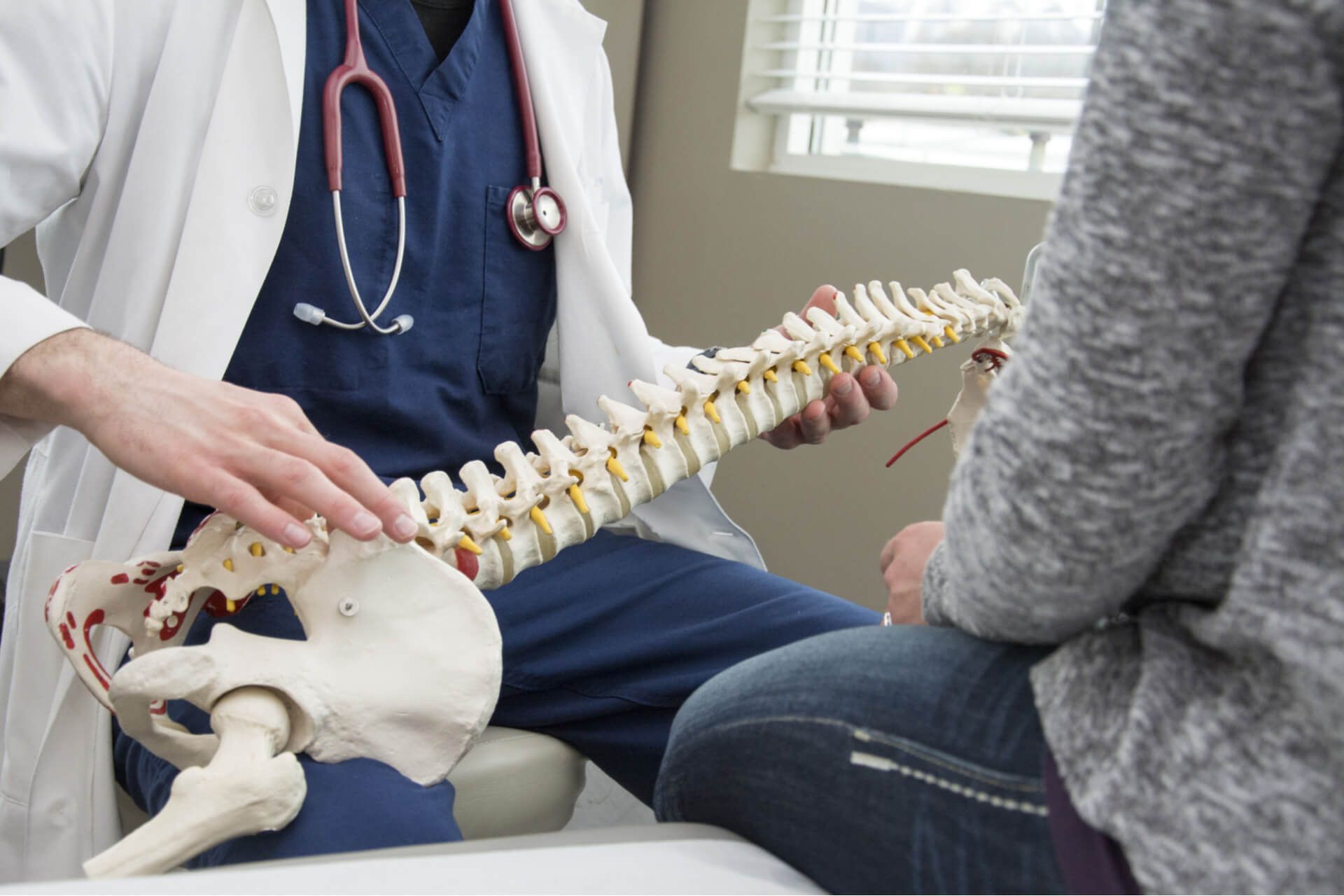The spine is quite literally the backbone of the body. It serves as a complex system through which the brain controls all functions of the body. But when disease or injury causes problems within the spine, it can rain down uncomfortable symptoms on the rest of the body as well. Orthopedists work hard to free patients with spinal disorders of the obstacles that hold them back from a normal, pain-free life.
Did you know?
An orthopedist may be able to help you if:
- You have suffered a spinal fracture caused by an accident or injury
- You have herniated discs or compressed vertebrae that cause you ongoing pain and discomfort
- You have the symptoms of sciatica
- You were born with a spinal deformity
- You have been diagnosed with scoliosis
- You have been diagnosed with spinal stenosis
- You have spinal tumors
Frequently Asked Questions
Should I see an orthopedist for my spinal disorder?
Many patients are surprised to find that there are real solutions for their pain and other symptoms. While there are no guarantees that treatment will be successful, there are millions of people in America who have achieved significant pain relief and increased mobility after seeing an orthopedist.
What types of treatments are available for spinal disorders?
Every patient is different, so it is impossible to determine which type of treatment is right for you without first evaluating your symptoms and health. However, you can trust that your orthopedist will help you explore all of your treatment options, including non-surgical and minimally-invasive ones. Examples of some of the treatments available for spine disorders include the use of pain medications, spinal injections, physical therapy, surgical bone grafting and artificial disc replacement.
Is there anything I can do between appointments to facilitate healing in my spine?
Possibly. Among patients who are suffering from certain injuries and conditions, such as disc herniation or vertebral compression, physical therapy and stretching may prove beneficial to the treatment process. Your orthopedist will discuss your condition with you, as well as the ways in which you can improve your symptoms.




